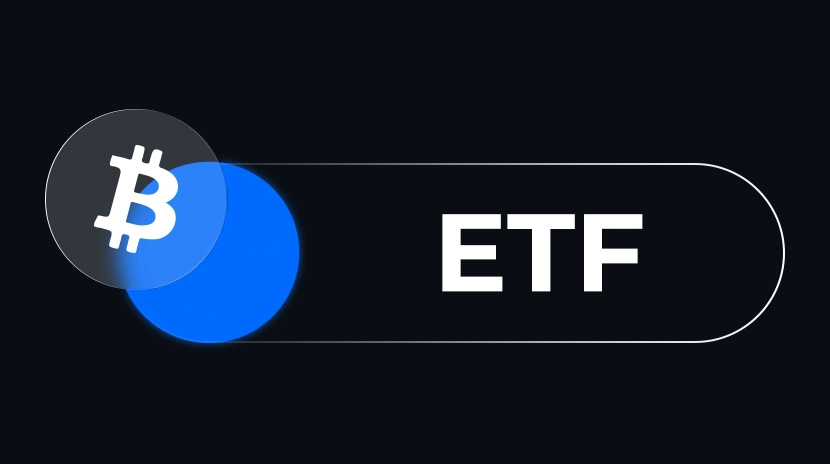Bandwidth Definition

Bandwidth in the blockchain and cryptocurrency domain refers to the capacity of a network to process data, typically measured by the amount of data transferred per second. In blockchain networks, bandwidth directly impacts transaction processing speed, node synchronization efficiency, and overall network performance. As cryptocurrency ecosystems expand and use cases diversify, bandwidth has become a key metric for measuring blockchain scalability.
The concept of bandwidth originated in communications engineering, referring to the amount of data that can be transmitted over a network connection within a specific timeframe. In early blockchain system designs, bandwidth was not considered a major limiting factor because first-generation blockchains like Bitcoin had relatively low transaction volumes. However, as blockchain applications became more widespread, network congestion issues emerged, and bandwidth limitations became one of the bottlenecks constraining large-scale blockchain adoption. When Ethereum founder Vitalik Buterin proposed the blockchain trilemma (scalability, decentralization, and security), he identified bandwidth as one of the core factors affecting scalability.
At the technical level, blockchain network bandwidth mechanisms involve several key components. First, bandwidth directly limits the speed at which nodes can propagate blocks and transaction information, affecting network synchronization efficiency. Second, different consensus mechanisms have varying bandwidth requirements; for example, Proof of Stake (PoS) mechanisms typically rely less on bandwidth than Proof of Work (PoW) mechanisms because they don't need to transmit large amounts of mining data. Third, bandwidth allocation in blockchain networks usually adopts a peer-to-peer (P2P) architecture where each node serves as both a service provider and consumer, which helps optimize overall network performance but also faces challenges in uneven bandwidth distribution.
Despite its critical importance to blockchain networks, bandwidth brings a series of risks and challenges. The first is the risk of bandwidth centralization—when only a few nodes in the network have sufficient bandwidth, this may lead to decreased decentralization and increased censorship risk. Second, bandwidth fluctuations affect the stability of transaction confirmation times, especially during network congestion, potentially causing transaction fee spikes and degraded user experience. Third, global internet infrastructure development is uneven, and bandwidth limitations in certain regions may prevent local users from participating in global blockchain networks. Finally, as blockchain data continuously accumulates, storing and synchronizing the entire blockchain history requires consuming more bandwidth resources, potentially raising the barrier to network participation.
As a core component of blockchain infrastructure, the importance of bandwidth cannot be overstated. It not only affects user experience and network efficiency but directly relates to whether blockchain technology can achieve truly large-scale application. In the future, with the development of sharding technology, state channels, sidechains, and other Layer 2 scaling solutions, as well as the popularization of new generation network technologies like 5G and Starlink, blockchain bandwidth issues are expected to be further alleviated. However, for the foreseeable future, bandwidth optimization will remain an important research direction in blockchain technology development and a crucial indicator for evaluating the technical strength of blockchain projects.
Share
Related Articles

XRP Surge, A Review of 9 Projects with Related Ecosystems

Pump.fun Launches Its Own AMM Pool? The Intent to Take Raydium’s Profits is Obvious
